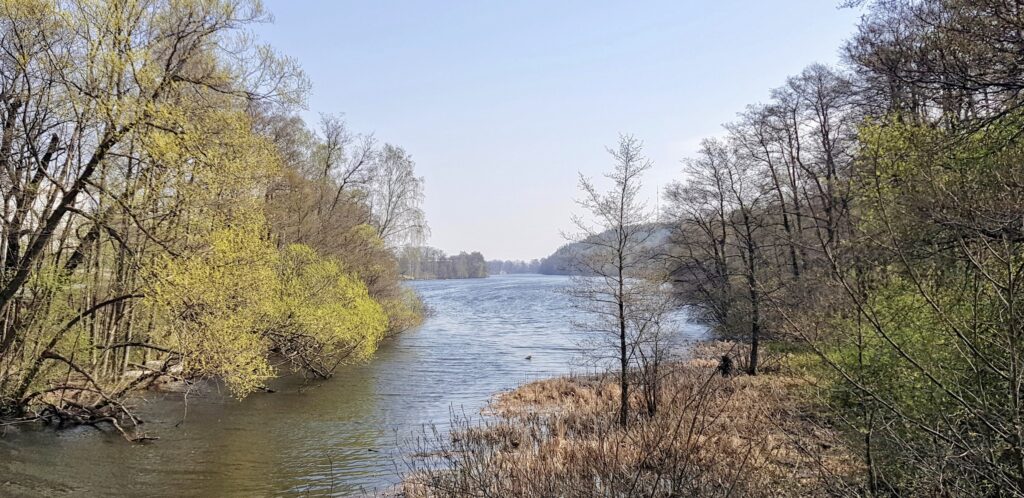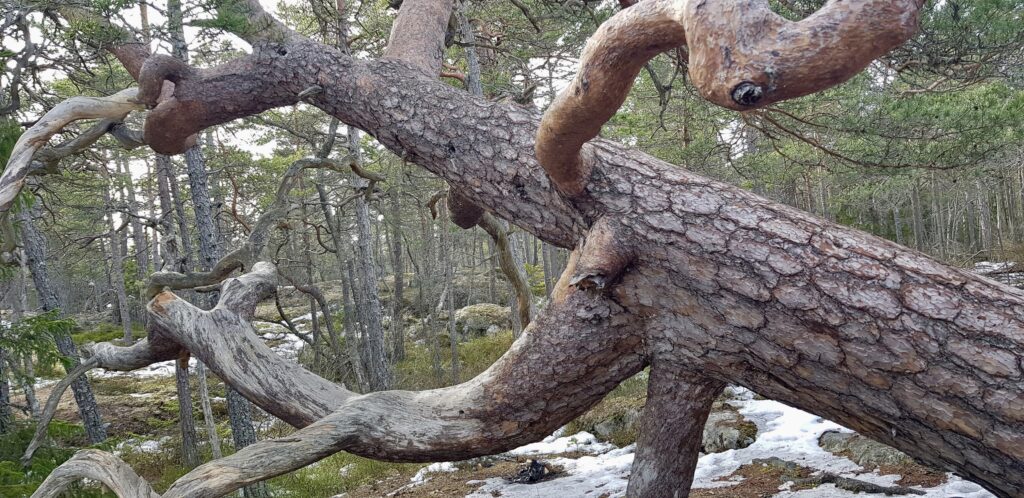Changes ahead for EU animal producers
By Ingemar Pongratz

Nacka lake by Ingemar Pongratz
The agricultural sector in the European Union is currently undergoing considerable change.
The European Union has pledged to become a carbon neutral continent by 2050. In addition, there is a powerful push to improve biodiversity and reduce environmental impacts from all industrial sectors.
The European Commission (EC) has presented the European Green Deal, which includes the Farm to Fork Strategy. These policies provide a roadmap to create a sustainable, climate neutral food production system. In addition, these policy documents set very ambitious targets for the future. These targets include major reductions in pesticide use, fertilizers and antibiotics, promote biodiversity, improve EU soil health and many other.
In fact, there is an expectation that the agricultural sector will contribute to absorb the negative impact from other sectors and help reduce the European impact on climate.
Is this feasible? Expected Changes ahead for EU animal producers provide few answers.
This reduction in greenhouse gases could be achieved by increasing forestry, and agricultural production. Increased plant and forestry production would trap CO2 gases and help achieve a carbon neutral continent. Farming practices that lead to CO2 sequestration would be rewarded and farmers would receive a novel economic stream. This novel Green Business Model would then help other industrial sectors by sequestering their CO2 emissions.
This sounds good and well. However, the agriculture is currently a net CO2 producing sector. In particular, animal production leads to considerable emissions of CO2 and methane, a powerful greenhouse gas.
Furthermore, the EC has decided that animal producers may not utilize Zinc Oxide in animal production starting June 2022. Zinc Oxide accumulates in the animals and humans and represents a risk for human and animal health. In addition, Zinc Oxide accumulates in the environment and may enter the food chain through plants as well. Today, Zinc Oxide is used to protect piglets from gastrointestinal problems during weaning. These problems represent a heavy economic burden on animal producers and few alternatives are available to replace Zinc Oxide. Furthermore, gastrointestinal problems in animals contributes to substantial CO2 and methane emissions.
New products and new solutions are urgently required in agriculture and animal production that will support the transition of the agricultural sector from a net CO2 producer to a CO2 consumer.
It is currently unclear how the EU will support for example animal producers. One possibility is to provide financial support for the development of new solutions. One support channel is the Horizon Europe Research and Innovation scheme. However, timing is extremely problematic. The ban of Zinc Oxide starts in 2022. The European Green Deal calls for a carbon neutral continent by 2050. A lot of things need to be in place very, very soon and translation of research results to market is a slow process.
2050 is approaching and time is short…
Ingemar Pongratz is a researcher and entrepreneur. Ingemar Pongratz has founded Fenix Scientific AB / Pongratz Consulting. Through Pongratz Consulting we help universities, enterprises and other organizations apply for European funding for projects.
In addition, Ingemar Pongratz has founded Letavis AB. Letavis AB is currently developing science based products for the agricultural sector. One of our solutions aims to provide novel, safe and efficient products to replace Zinc Oxide in the animal sector.
If you wish to contact us please use the Online Contact Form

Old trunk by Ingemar Pongratz
